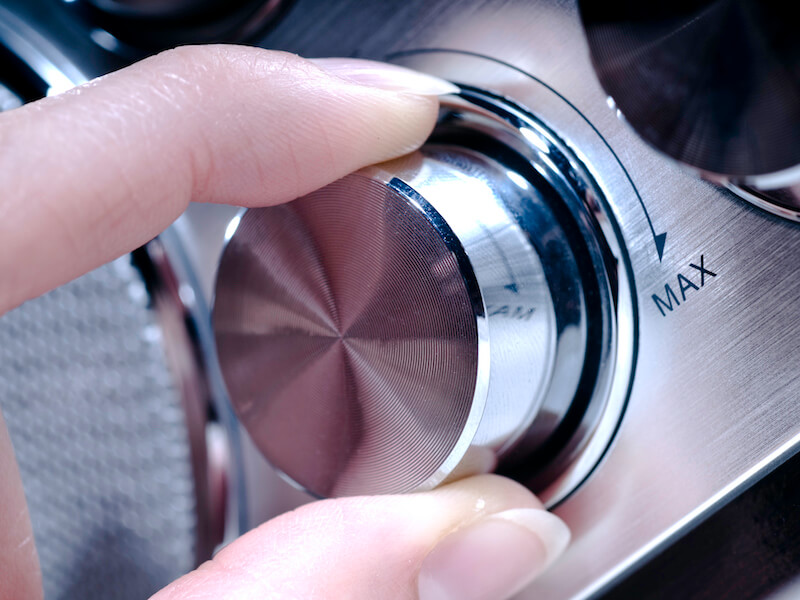
Recognizing when you need some medical advice is typically fairly easy. When you break a bone, for instance, you know you should go to the doctor (or the emergency room, depending on the scenario). With scenarios like this, simply “toughing it out” isn’t an option. If you want your bones to mend correctly, you need to get them treated as soon as possible.
It’s not always that clear cut with regard to hearing aids, however. Hearing loss usually advances very slowly over time. This means recognizing when to get treatment for hearing loss can be tricky.
That’s why it’s a good idea to watch out for some particular indicators that you may be losing your ability to communicate. If you detect any, it might be time to talk to us about your first pair of hearing aids.
Hearing loss and hearing aids
Hearing loss is primarily managed with hearing aids. But that doesn’t mean everybody who has hearing loss will immediately need a set of hearing aids. Hearing aids won’t always be practical in cases of mild hearing loss. Consequently, we might want you to wait before beginning to use them. It’s also possible that we could instruct you to only use your hearing aids when you’re in particular situations.
In other words, the threshold for requiring hearing aids is not always a hearing loss diagnosis.
But in many cases hearing aids will be the best option. Many individuals won’t get their hearing loss diagnosed until it becomes more serious because hearing loss progresses gradually and often goes unnoticed for a while. Getting your hearing examined regularly is the key to catching hearing loss early and possibly mitigating the need for hearing aids.
And if that’s the situation, you’re most likely thinking: how can I tell if I require hearing aids?
You need hearing aids if you recognize these indicators
Hearing loss is one of those conditions that can produce immediate communication obstacles. But a lot of times you don’t even recognize that hearing loss is the reason for those communication problems. So, at what stage will a hearing aid help?
Look out for these indicators:
- You listen to the radio or TV at really loud levels: Hearing loss could be the culprit if you constantly need to turn the volume of your devices up. This is especially true if you keep turning that volume knob higher (and even more especially true if the people around you complain about how loud your media is).
- Phone conversations sound muffled: Voices usually sound a bit flat on even high-quality phone speakers. That can make it tough to understand, particularly if you have hearing loss. It can be really challenging to hear voices as an outcome of the loss of these frequencies.
- You have trouble making out what people are saying: Many people don’t think they have hearing loss or need hearing aids because the overall volume they hear seems fine. But hearing loss is funny, it tends to affect certain frequencies before others. Which means that the great majority of sounds could seem normal but things in the high frequencies (such as particular vowels) will be distorted. This could cause you to have a difficult time understanding what people are saying.
- You have a tough time following conversations in loud places: This is probably one of the most prevailing symptoms of hearing loss. One of the surest indications of hearing loss is that you have difficulty following conversations in loud places, like bars or restaurants. This occurs because your ears aren’t receiving as much information as they used to, and your brain isn’t really able to fill in the gaps very easily. Because of this, there’s a lot of muddled conversations.
So what can you do?
Clearly, you know exactly what you have to do when you break a bone! But what do you do when you start to detect the symptoms of hearing loss? How bad does hearing loss need to be to call for a hearing aid? Well, that’s hard to answer, but when you begin detecting these signs, it’s a good plan to schedule an appointment with us. We will be able to inform you about how severe your hearing loss is.
And if you do wind up needing hearing aids, a hearing exam will help determine the best device for your hearing needs. This means you’ll be able to get back to spending quality time with your friends and family, you’ll hear your grandkids when they call you on the phone, your co-workers at your morning meeting, and your friends at the pub.
Call us for a hearing exam so we can help you improve your quality of life.